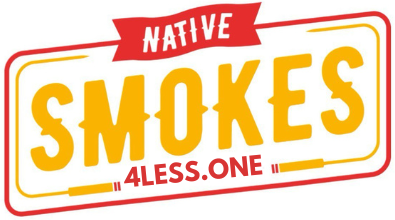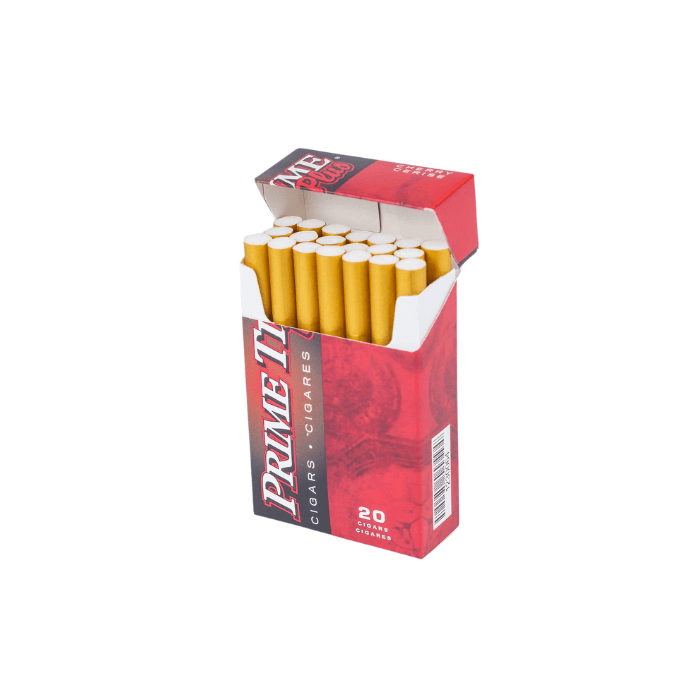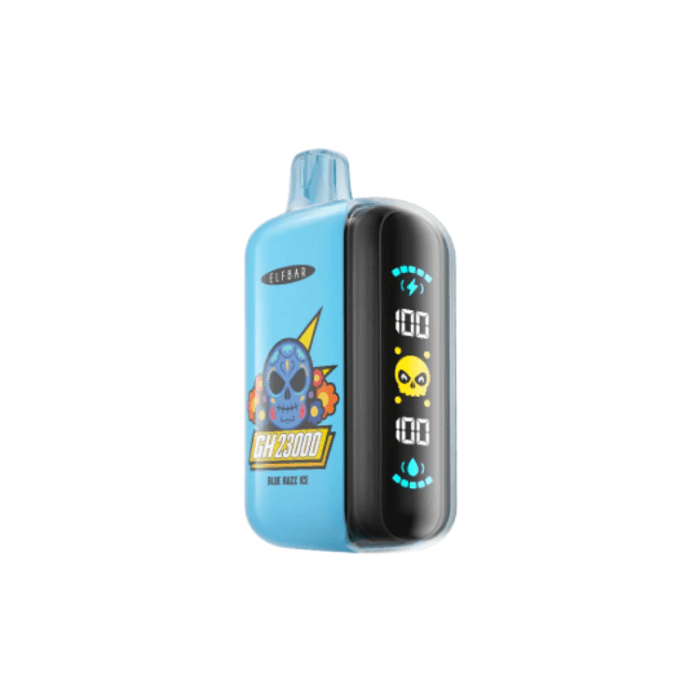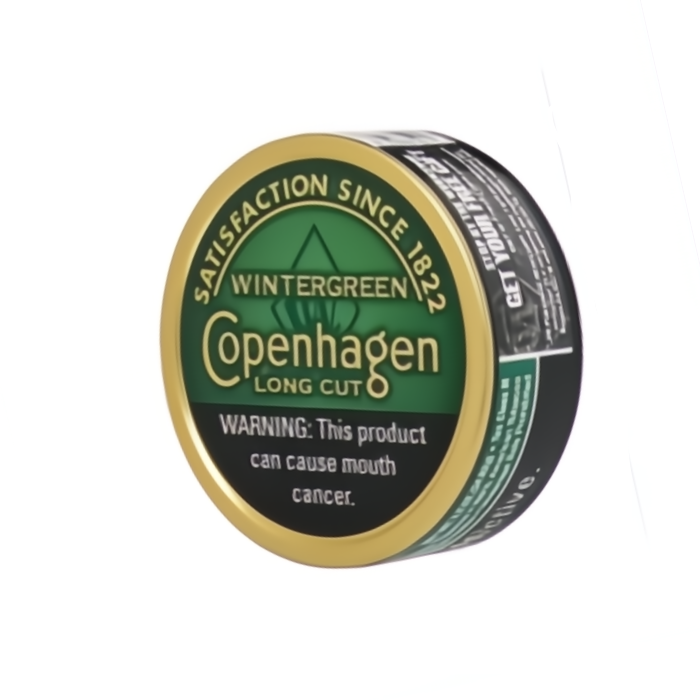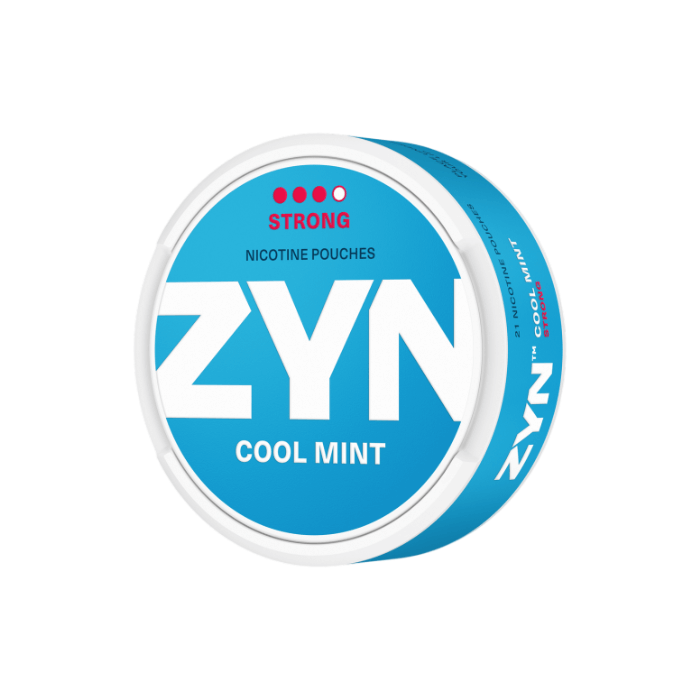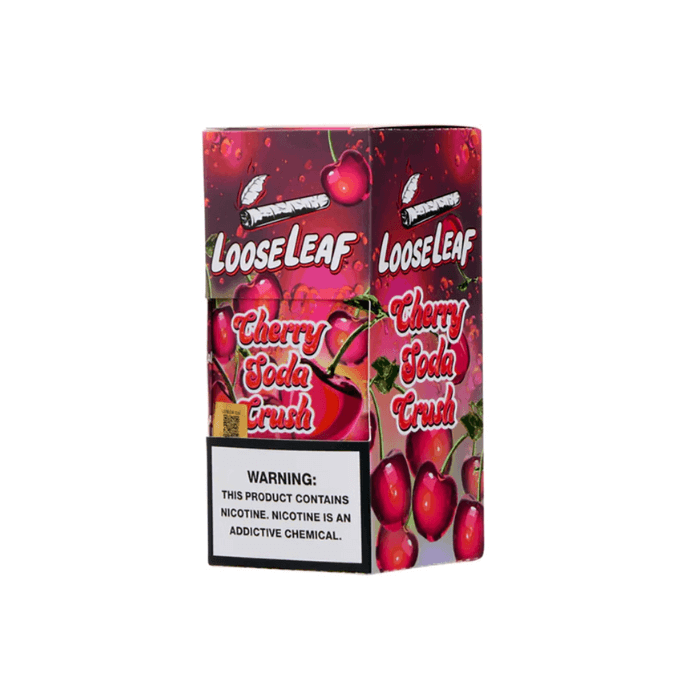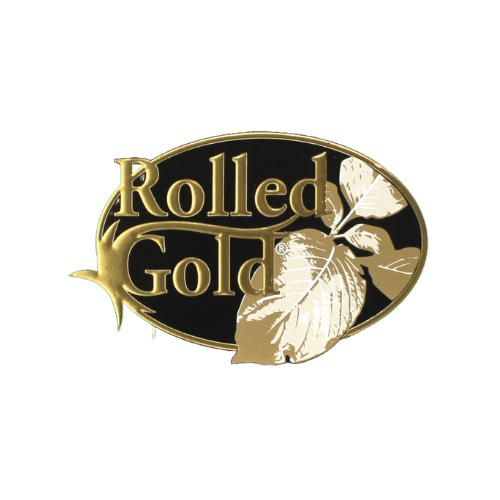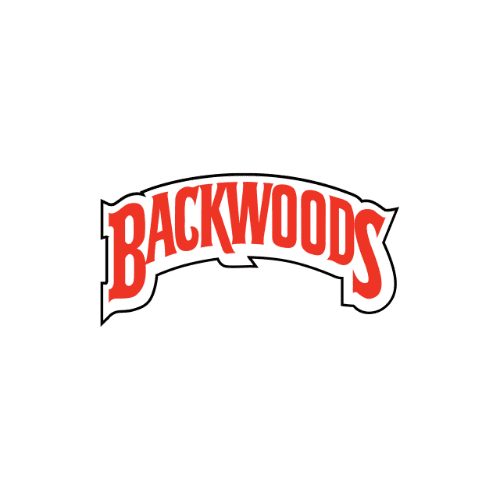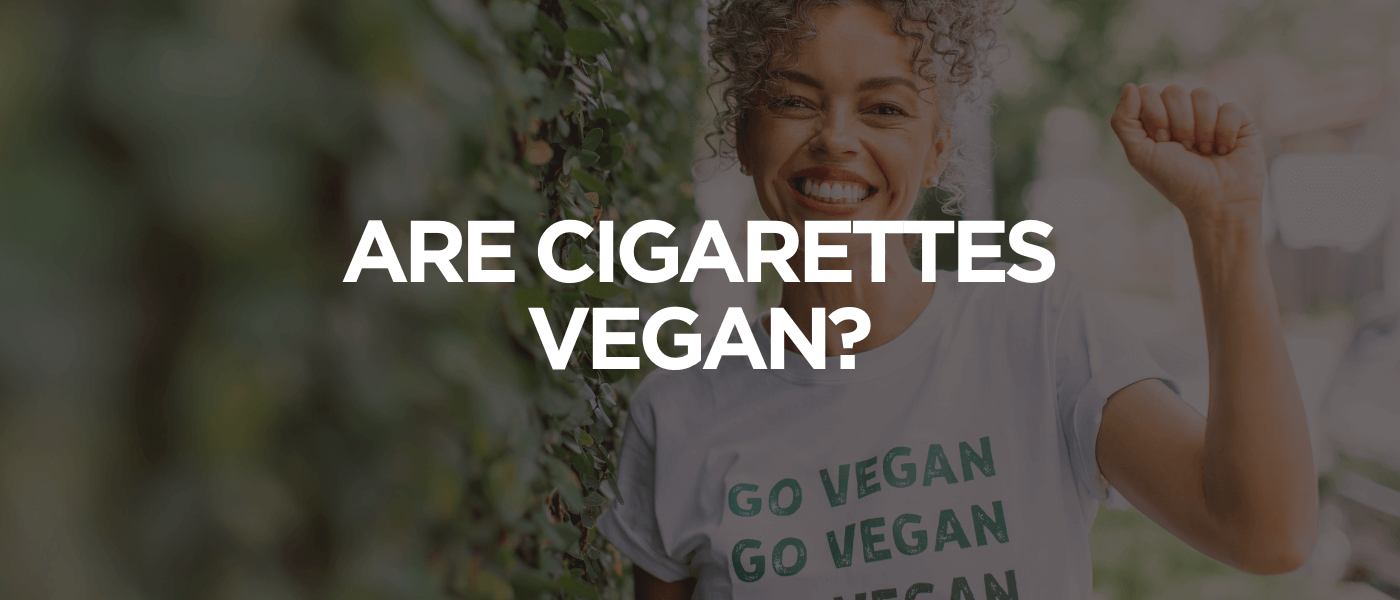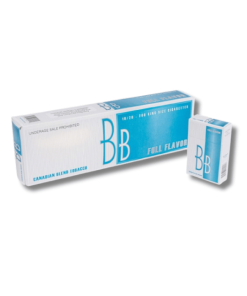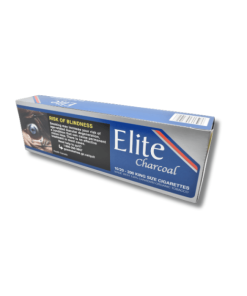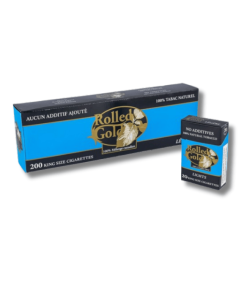Cigarettes, Health
Are Cigarettes Vegan?
At first glance, it might seem like cigarettes should be vegan—after all, tobacco is a plant, right? But the question isn’t quite that simple. When we ask if something is vegan, we’re not just asking if it contains animal products. We’re also considering whether animals were exploited, harmed, or used in any part of its development, testing, or production. For Canadians who care about both personal health and ethical consistency, understanding what goes into that smoke break matters
Introduction to Veganism
Veganism is a lifestyle rooted in avoiding the use of animal products and minimizing harm to animals whenever possible. While it often starts with dietary changes, many vegans extend this philosophy to other areas of life—including clothing, cosmetics, and even recreational habits like smoking. In Canada, where plant-based living is steadily gaining popularity, questions about the ethics and ingredients of everyday items are becoming more common. Cigarettes, despite being made primarily from tobacco—a plant—aren’t automatically vegan by default. To determine whether they align with vegan principles, it’s important to consider not just the ingredients but also how cigarettes are manufactured, tested, and marketed.
Ingredients in Cigarettes
You might assume that because tobacco comes from a plant, cigarettes are naturally vegan. But the reality is more layered. While the core ingredient—tobacco—is a plant, that doesn’t automatically make the finished product vegan.
Here’s why:
- Additives and Flavorings: Many commercial cigarettes contain additives that may not be plant-based. For example, certain flavour enhancers and smoothing agents are derived from animal products like glycerin (which can come from animal fat) or castoreum (a secretion from beavers, though rare today).
- Coloring Agents: Some tobacco blends use dyes or agents that could be sourced from animals. Without transparency in labeling, it’s often unclear whether a cigarette uses strictly plant-based additives.
- Filters: Traditional filters are made from cellulose acetate (a plastic), but in some cases, additives in the filter may be animal-derived, such as hemoglobin, used in some air-filtering technologies (though not common in cigarettes).

The Tobacco Industry and Its Practices
The tobacco industry is complex, and for those pursuing a vegan lifestyle, it presents several ethical challenges that go beyond just the ingredients. While some cigarette brands may not contain obvious animal products, the way these tobacco products are developed and marketed often raises red flags for anyone concerned with animal welfare, sustainability, and transparency.
Many major tobacco companies have historically relied on testing cigarette smoke and additives on animals to gauge health risks and product safety. This includes the use of animal derived ingredients in flavourings, stabilizers, and even in certain types of cigarette filters. Testing often involves prolonged exposure of animals like rats or beagles to tobacco smoke—an approach that directly conflicts with the cruelty free values embraced by the vegan community.
Even when the final product no longer includes obvious animal derived substances, the manufacturing process can still involve materials or testing protocols rooted in animal derived products. These practices undermine the ethical foundation of a truly smoking vegan approach and complicate the decision for those trying to align their nicotine use with plant-based principles.
Additionally, many tobacco products, including cigarettes and chewing tobacco, contribute to significant environmental harm. The tobacco industry is known for its role in deforestation and pesticide-heavy agriculture, which destroy animal habitats and contribute to broader ecological damage. It’s not just about what’s in the cigarette, but how it gets to the shelf. Even discarded cigarette butts, which often contain plastic from cigarette filters, create long-term environmental pollution harmful to wildlife.
For Canadians following a vegan lifestyle, being aware of how cigarette brands operate—including their stance on animal cruelty, animal derived ingredients, and environmental responsibility—is essential. Whether you’re considering quitting altogether or simply want to quit smoking traditional brands in favour of more ethical options, knowing the inner workings of the tobacco industry can help guide more conscious decisions.
Animal Testing and Ethics
When assessing whether cigarettes align with a vegan lifestyle, the role of animal testing becomes a critical consideration. Even if no direct animal ingredients are used in the final product, many tobacco products have been tested on animals during development—often in ways that are invasive, painful, and ultimately fatal.
- Product Safety Testing: Companies may test new blends, additives, and delivery systems on animals like rats and beagles. These tests often involve prolonged exposure to smoke and are performed without anesthesia.
- Scientific Studies: Some of this testing is done under the guise of research, especially in the development of new smoking technologies or harm-reduction products.
Even the tobacco plants themselves, though naturally vegan, become part of this ethical conflict when cultivated by companies that rely on animal testing in their product pipeline. Some research labs directly involve animal testing when assessing the impact of pesticides used on large-scale tobacco farms—another indirect link to animal exploitation.
Environmental Impact
Environmental concerns play a major role in this regard. Veganism, for many, isn’t only about avoiding animal products—it’s also about making choices that reduce harm to ecosystems and the planet as a whole. And unfortunately, tobacco products carry a heavy environmental toll from cultivation to disposal.
Tobacco farming contributes significantly to deforestation, particularly in developing countries where vast areas of forest are cleared to grow tobacco plants. This loss of natural habitat directly impacts wildlife, displaces species, and contributes to biodiversity decline. Moreover, tobacco farms often rely heavily on pesticides and chemical fertilizers, many of which are harmful to both the environment and non-target animal species. These chemicals seep into waterways, affecting fish and aquatic life, and degrade soil health over time.
Then there’s the issue of cigarette butts. After smoking cigarettes, most users discard the filter—often without a second thought. Cigarette filters are made of cellulose acetate, a type of plastic that is not biodegradable. These discarded butts are one of the most commonly littered items worldwide and pose a serious threat to wildlife that may ingest them. When they break down, they release microplastics and toxic chemicals into soil and waterways, furthering the environmental impact.
Air pollution is another angle worth considering. Cigarette smoke contributes to indoor and outdoor air pollution, releasing thousands of chemicals—many of them carcinogenic—into the atmosphere. While this may seem minor compared to industrial pollution, the cumulative effect of millions of smokers around the world is not insignificant. For those concerned about the air we all share, this adds another ethical layer to the act of smoking cigarettes.
It’s worth noting that even alternatives to tobacco, like herbal cigarettes, can’t fully remove the environmental concerns tied to smoking. From packaging waste to smoke pollution, any form of combustion-based inhalation carries its footprint. Still, for vegans and environmentally conscious Canadians, exploring non-combustible and more ethically produced nicotine alternatives—like pouches or vapes—may be a step in the right direction.
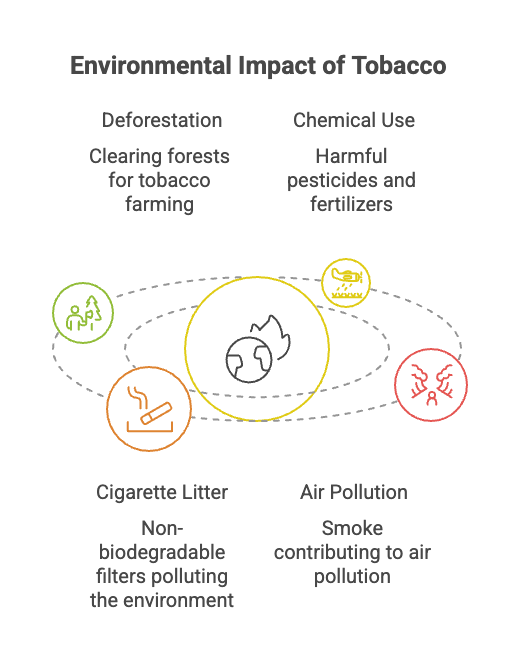
Vegan Alternatives and Quitting Smoking
For those trying to align their lifestyle more closely with vegan ethics, there are a few paths forward.
- Nicotine Pouches: Products like tobacco-free nicotine pouches offer a smokeless alternative with fewer additives. Look for brands that explicitly state they are vegan and cruelty-free.
- Vapes and E-Cigarettes: Many vapes are considered vegan-friendly, especially if they avoid animal-tested flavorings. However, it’s still important to research the company’s stance on animal welfare and transparency in ingredients.
- Traditional Tobacco from Ethical Sources: If quitting isn’t in your immediate plans, consider sourcing your tobacco from companies that value sustainability and ethical practices.
At NativeSmokes4Less, we offer a wide range of cigarette products, nicotine pouches, and vapes that prioritize quality and value. Many of our products are free of unnecessary additives and come from Indigenous-owned producers with a long-standing respect for the land and community.
Frequently Asked Questions
Can you smoke if you are vegan?
Veganism goes beyond just avoiding animal products—it’s about reducing harm to animals and the environment. Many commercial tobacco products have ties to animal testing, include animal-derived ingredients, or contribute to environmental damage. So, while smoking isn’t inherently non-vegan, many vegans choose to avoid cigarettes for ethical reasons or opt for cruelty-free alternatives.
Are cigarettes considered vegan?
Most commercial cigarettes are not considered vegan by ethical standards. Cigarettes often include additives or use production methods that involve animal-derived ingredients or animal testing.
Is rolling tobacco vegan?
Many brands add flavouring agents, humectants, or preservatives that could be derived from animals. Unless the packaging specifically states that the rolling tobacco is free of animal-derived substances and hasn’t been tested on animals, it’s hard to verify whether it aligns with vegan values.
Is cigarette is veg or non-veg?
They’re made primarily from tobacco plants, so you might call them vegetarian in the basic sense. However, when you look at the additives, testing practices, and environmental consequences, they often do not align with a vegan or ethical plant-based lifestyle.
Are there any vegan cigarettes?
There are some products marketed as vegan cigarettes or cruelty-free smokes, though they are not widely available and can vary in how strictly they adhere to vegan standards.
What makes cigarettes not vegan?
Animal-derived ingredients, animal testing, and environmental harm are just some of the factors to consider when talking about cigarettes and veganism.
Summary
So, are cigarettes vegan? Technically, they can be—but often, they’re not. From animal-derived ingredients to the murky ethics of testing and production, cigarettes frequently fall outside what most vegans would consider acceptable. Even beyond veganism, environmental and ethical concerns make many smokers rethink their habits.
For those in Canada who are exploring better alternatives—whether you’re cutting back or switching to cleaner, cruelty-free products—NativeSmokes4Less is your go-to source. As passionate nicotine aficionados, we understand the balance between enjoyment and responsibility. That’s why we offer a trusted selection of classic Canadian cigarettes at competitive prices, all while staying mindful of our environmental and ethical footprint.
When you’re ready to make a change, we’re here to help you do it your way.
